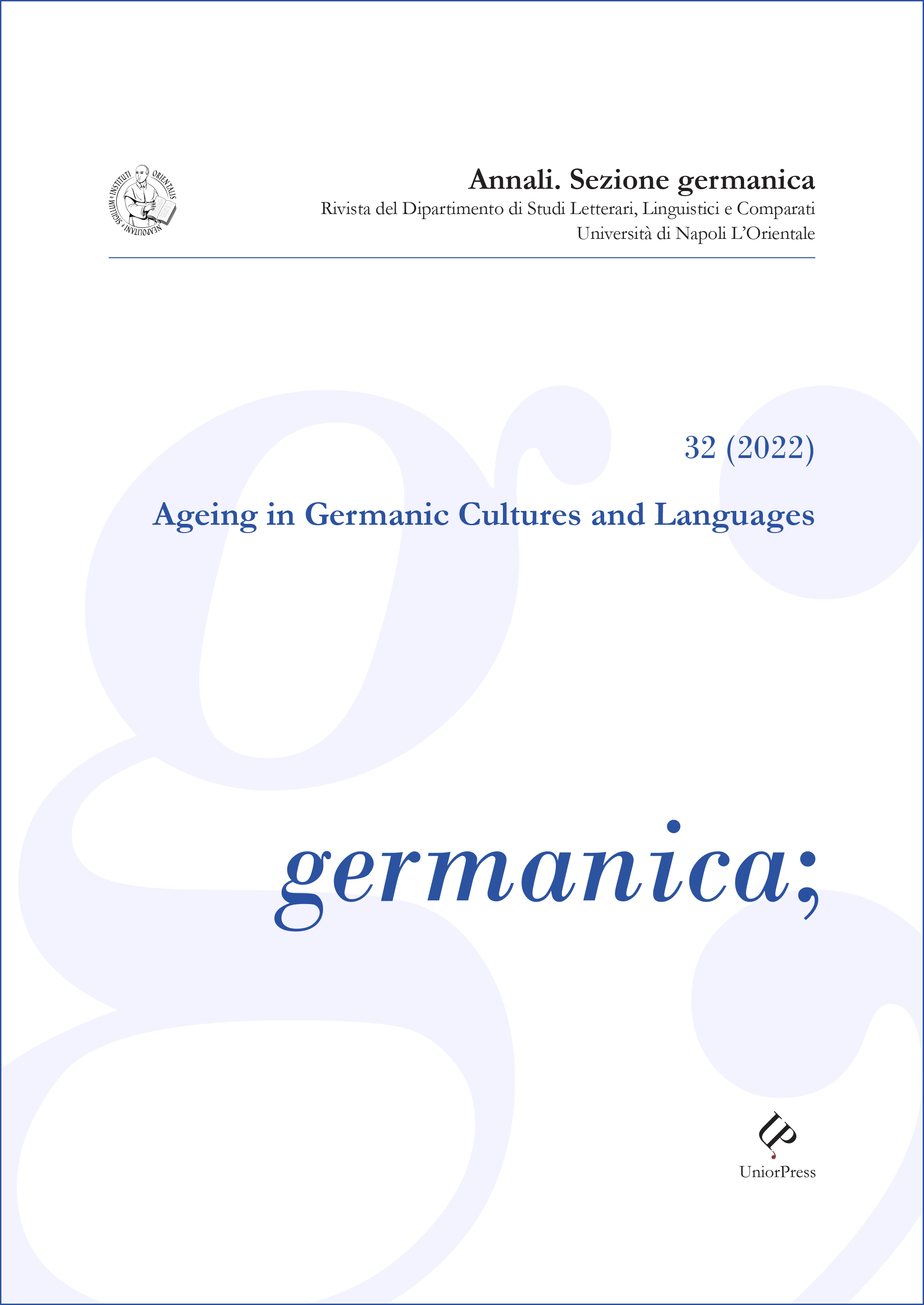Youthwashing in the context of X-WASHING metadiscourses
Keywords:
youthwashing, greenwashing, discourse on sustainability, empty signifier, simulative democracyAbstract
This article focuses on the occasionalism youthwashing and aims to capture some features of critical discourses on sustainability rhetorics and corporate wording. Particular attention is paid to the questions of where this ad hoc compound draws its effect from and which social attitudes it reflects. Within an introductory discourse-semantic embedding, the expression is firstly considered in the light of the paradigm x-washing (greenwashing), with special attention to the context, meta-linguistic signals and recurrent argumentation patterns. Secondly, the axiological and deontic connotations of youthwashing are explored departing from the question of what the analysed paradigm says about the concepts of being young and youth. On a theoretical level, the article attempts to interpret the discourse elements that can be subsumed under x-washing with regard to the characteristics of Problematisierungsdiskurse (Winkler 2021; Bereswill et al. 2021) and in the context of the meta-linguistic counterdiscourses on „simulative democracy“ (Blühdorn 2013).
Downloads
Published
How to Cite
Issue
Section
License
The authors who publish in this Journal accept the following conditions:
- The authors retain the rights to their work and give the magazine the right to first publish the work, simultaneously licensed under a Creative Commons License - Attribution which allows others to share the work indicating the intellectual authorship and the first publication in this magazine.
- Authors may adhere to other non-exclusive license agreements for the distribution of the version of the published work (eg deposit it in an institutional archive or publish it in a monograph), provided that the first publication took place in this magazine.
- Authors can disseminate their work online (e.g. in institutional repositories or on their website) before and during the submission process, as it can lead to productive exchanges and increase citations of the published work (See The Effect of Open Access).


